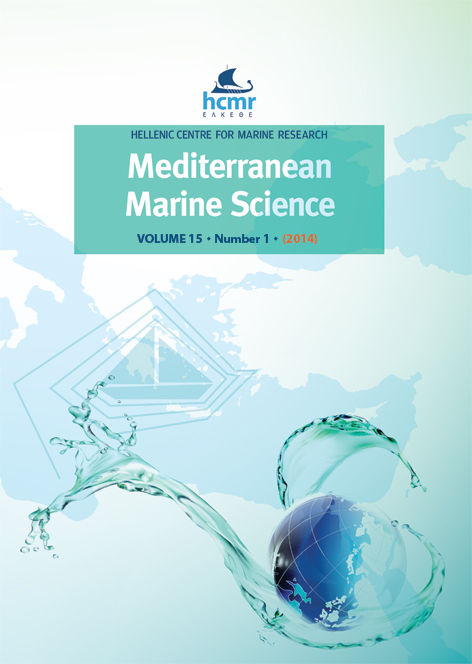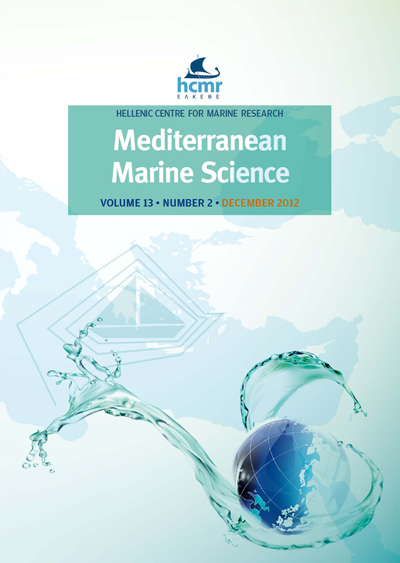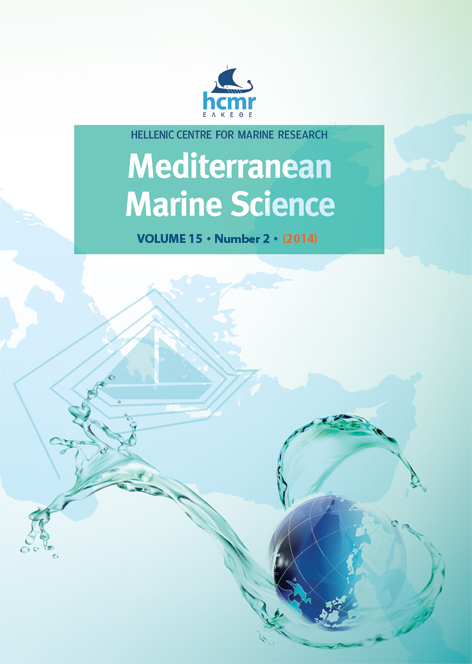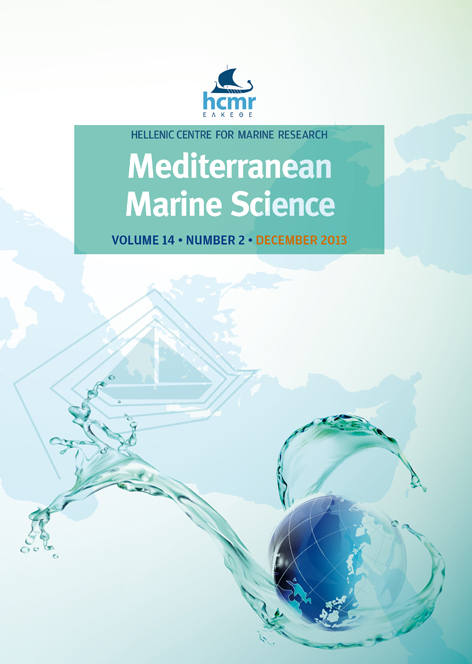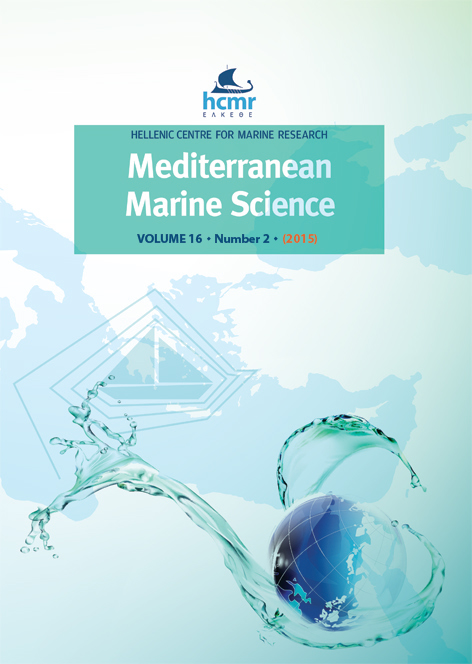Spatial models to support the management of coastal marine ecosystems: a short review of the best practices in Liguria, Italy
Περίληψη
Spatial modelling is an emerging approach to the management of coastal marine habitats, as it helps understanding and predicting the results of global change. This paper reviews critically two recent examples developed in Liguria, an administrative region of NW Italy. The first example, aiming at predicting habitat status depending on pressures, provides managers with the opportunity of envisaging different scenarios for the consequences of coastal development choices. The second example defines the status of an important Mediterranean coastal marine habitat (Posidonia oceanica meadows) under natural conditions, allowing for quantifying human impacts on regressed meadows. Both modelling approaches are useful to define the targets of coastal management, and may help choosing the best management option. Well-planned and sustained monitoring is essential to model validation and improvement.
Λεπτομέρειες άρθρου
- Πώς να δημιουργήσετε Αναφορές
-
VACCHI, M., MONTEFALCONE, M., PARRAVICINI, V., ROVERE, A., VASSALLO, P., FERRARI, M., MORRI, C., & BIANCHI, C. N. (2013). Spatial models to support the management of coastal marine ecosystems: a short review of the best practices in Liguria, Italy. Mediterranean Marine Science, 15(1), 189–197. https://doi.org/10.12681/mms.535
- Τεύχος
- Τόμ. 15 Αρ. 1 (2014)
- Ενότητα
- Review Article
Authors who publish with this journal agree to the following terms:
- Authors retain copyright and grant the journal right of first publication with the work simultaneously licensed under a Creative Commons Attribution Non-Commercial License that allows others to share the work with an acknowledgement of the work's authorship and initial publication in this journal.
- Authors are able to enter into separate, additional contractual arrangements for the non-exclusive distribution of the journal's published version of the work (e.g. post it to an institutional repository or publish it in a book), with an acknowledgement of its initial publication in this journal.
- Authors are permitted and encouraged to post their work online (preferably in institutional repositories or on their website) prior to and during the submission process, as it can lead to productive exchanges, as well as earlier and greater citation of published work (See The Effect of Open Access).

